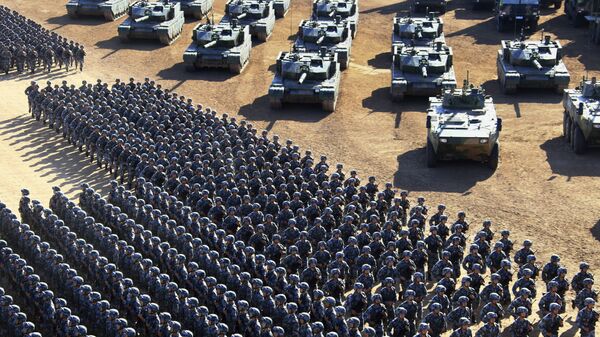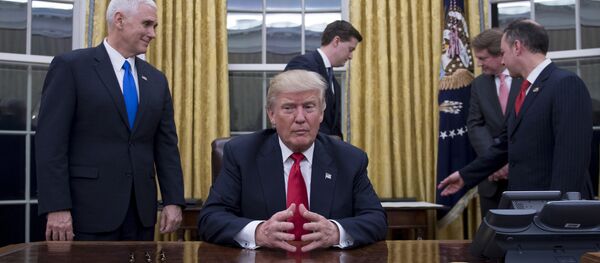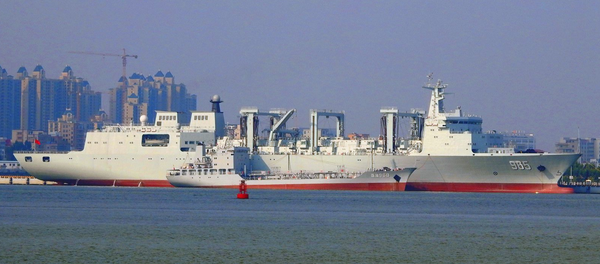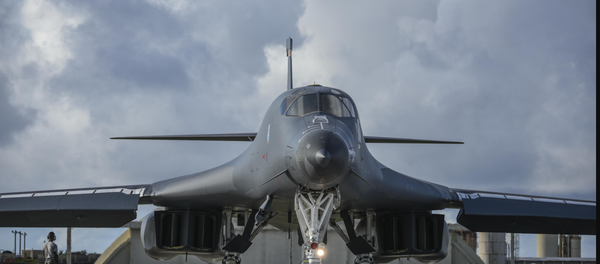General Joseph Dunford, chairman of the Joint Chiefs of Staff, appeared before the Senate Armed Services Committee (SASC) on Tuesday to testify on a variety of subjects related to US national security and the military as part of the confirmation process for his second term.
Among comments on areas of interest the world over, such as Afghanistan and North Korea, Dunford told the SASC that he expected China to "probably" become the US' primary adversary by 2025.
Dunford, a decorated soldier who previously served as commandant of the Marine Corps and the leader of US forces in Afghanistan, said this in response to Sen. Mazie Hirono (D-HI) asking him if he still believed the three biggest military threats to the US were Russia, China and North Korea in that order. "If I look out to 2025, and I look at the demographics and the economic situation, I think China probably poses the greatest threat to our nation by about 2025," he said.
For the moment, according to Dunford "China is focused on limiting our ability to project power and weakening our alliances in the Pacific." This is a seeming reference to Japan and India, US allies who have butted heads with China in 2017 over territory disputes in the East China Sea and the Doklam Plateau, respectively.
"Chinese leaders seem committed to increases in defense spending for the foreseeable future," Dunford added, saying "China's military modernization is targeting capabilities with the potential to degrade core US military technological advantages." Beijing has reportedly grown its military spending by an average of 8.5 percent a year since 2007, and the US will need to match this by increasing defense spending by three to seven percent every year "to maintain a competitive advantage."
Dunford should be pleased, then, that the Senate confirmed a $692 billion budget for fiscal year 2018 — a 10.5 percent increase over the previous year.
In the last year, China has also opened their first-ever overseas military base in the tiny African nation of Djibouti, and is reportedly considering dozens more in South and Southeast Asia along with East Africa.
However, 2025 is some time away. In September 2017, it is North Korea that "poses the greatest threat today" due to the "sense of urgency" brought on by Pyongyang's rapidly advancing ballistic missile and nuclear weapon programs.
As for Russia, Dunford "praised" Moscow's nuclear arsenal and electronic warfare capabilities, which are generally believed to be superior to the US' own. He added that Russia still exceeded China "in terms of overall military capability."
"The Russians, Chinese and others are doing what I describe as conducting competition at a level that falls below conflict," Dunford said during his testimony. "In my judgment, we need to improve our ability to compete in that space and in the areas specifically… our electronic warfare and information operations capability."
Dunford was confirmed by the SASC for his second two-year term on Wednesday.





